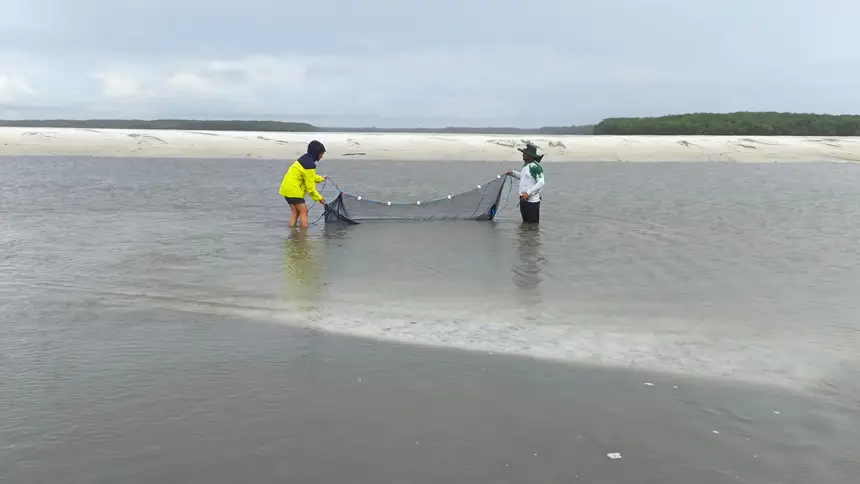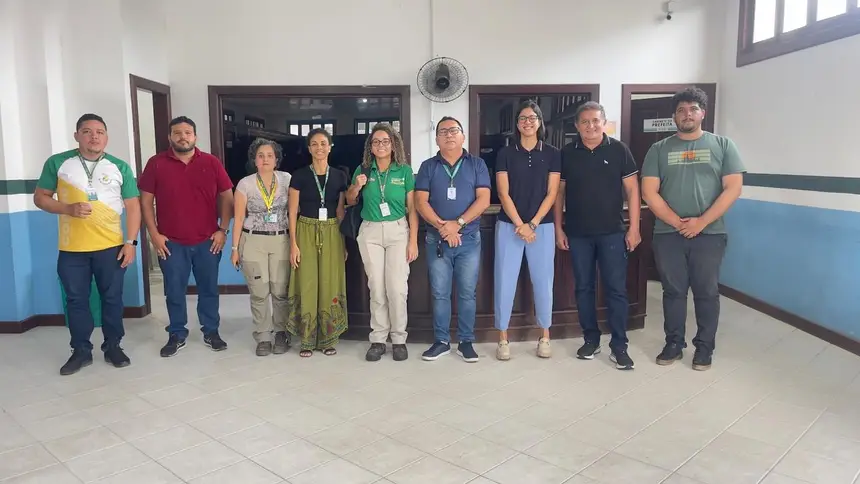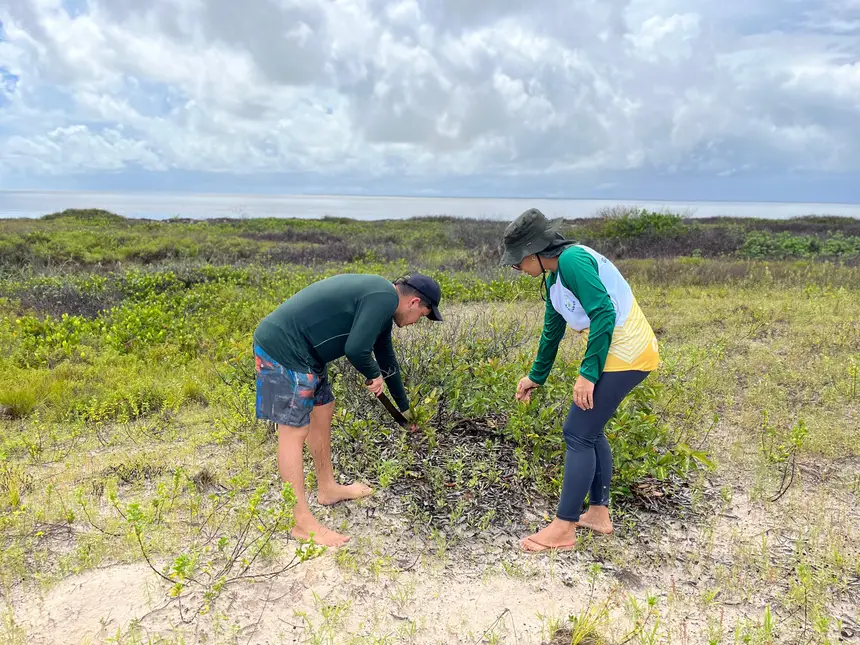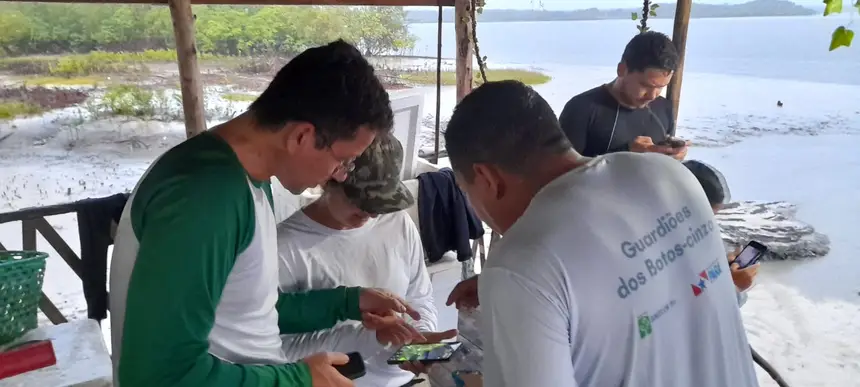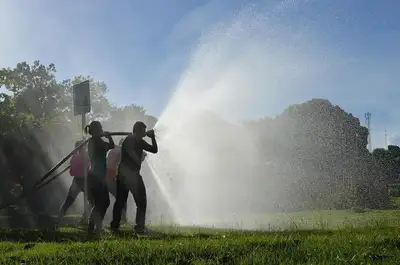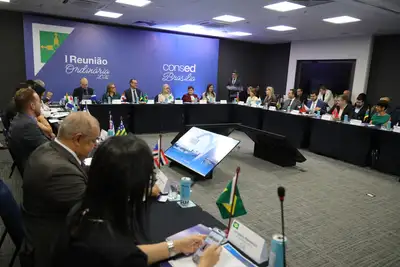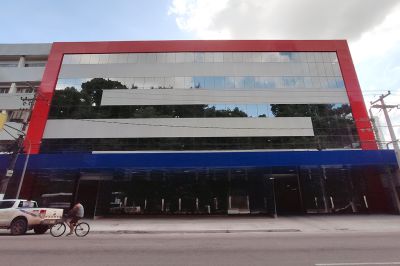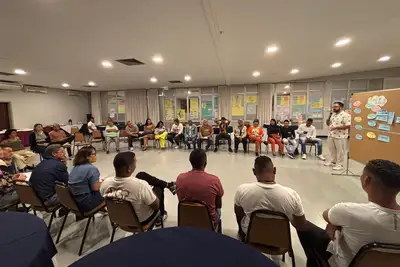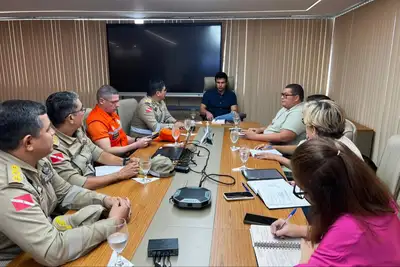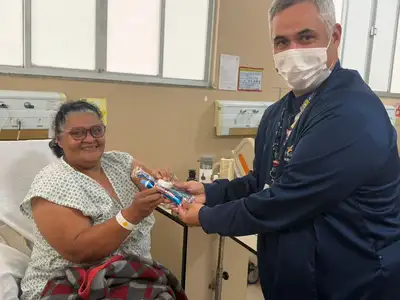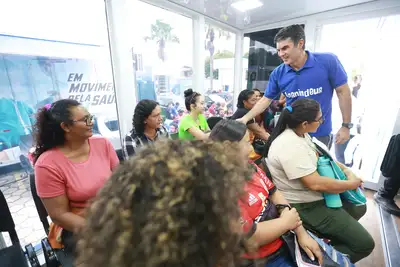Ideflor-Bio conducts studies to create Conservation Units in São João de Pirabas
Field research evaluates environmental conditions of the municipality on the coast
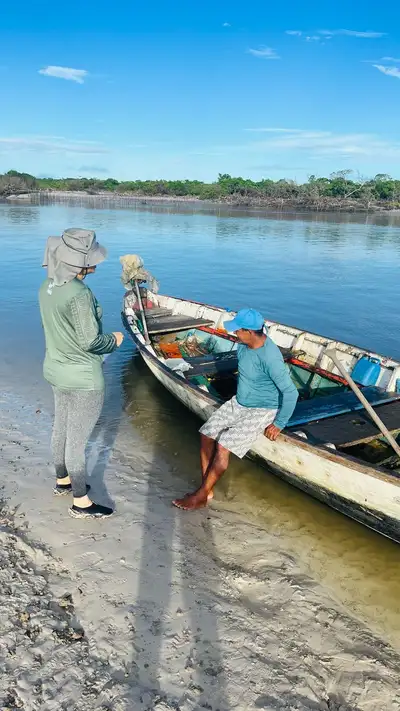
The Institute for Forest Development and Biodiversity of Pará (Ideflor-Bio), through the Biodiversity Management Directorate (DGBio), and in partnership with the Environment Secretary of São João de Pirabas, conducted studies for the creation of new Conservation Units (UCs) in the northeastern municipality.
The Ideflor-Bio team visited the beaches of Pilões and Praia da Baixinha, which belong to the respective islands of Itaranajá and Tucundeua. In these locations, biological assessments were developed to investigate the conservation conditions of the mangrove ecosystems.
According to Ideflor-Bio's Biodiversity Manager, Mônica Furtado, the assessment was important for these areas to be included in environmental conservation programs. “From the assessment, and through this legislation, we can create these UCs and better preserve the ecosystems present on these islands,” she emphasized.
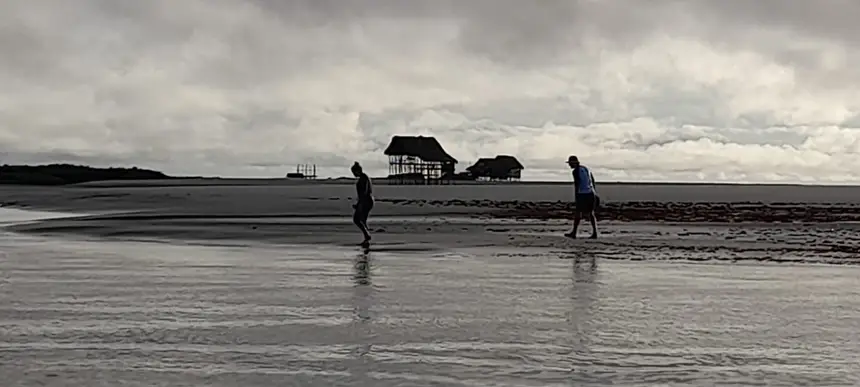
Mônica Furtado also pointed out that the request was made by the São João de Pirabas City Hall and emphasizes that the evaluated locations are preserved. “We verified the predominance of the mangrove ecosystem, and the municipality is suitable for carrying out the conservation process with sustainable and ecological management, as most of the visited areas are conserved,” she stated.
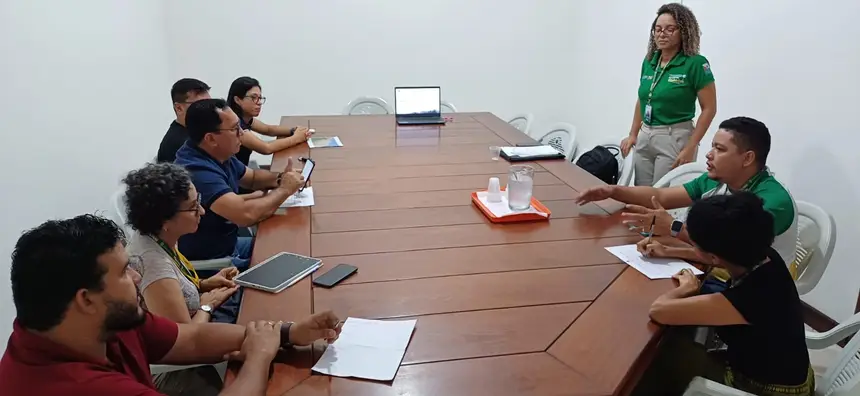
For the Director of Biodiversity Management at Ideflor-Bio, Crisomar Lobato, the creation of Conservation Units in areas such as the beaches of Pilões and Baixinha is essential to ensure the protection of mangroves and coastal biodiversity.
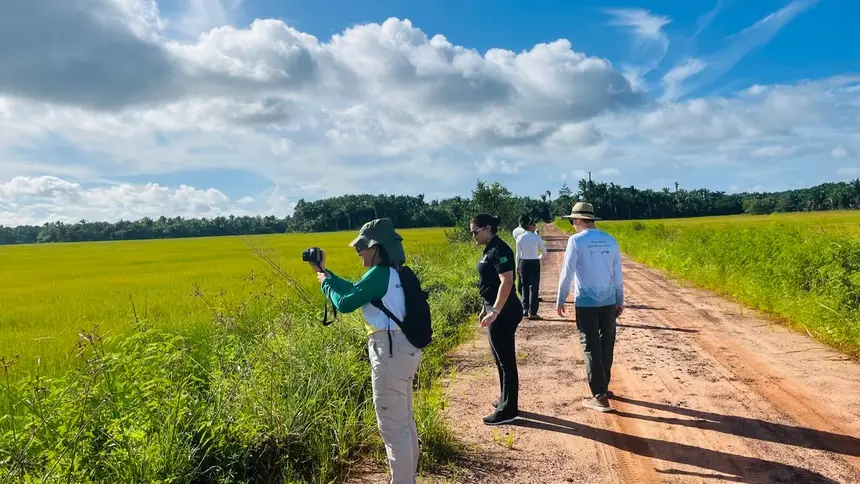
“These environments play a strategic role in maintaining marine ecosystems and supporting traditional communities. Ideflor-Bio has been working in an integrated manner with municipalities to identify priority territories and build, in a participatory way, environmental management models that promote conservation and sustainable use of natural resources,” he stated.
Text by Sinval Farias, supervised by Vinícius Leal / Ascom Ideflor-Bio



